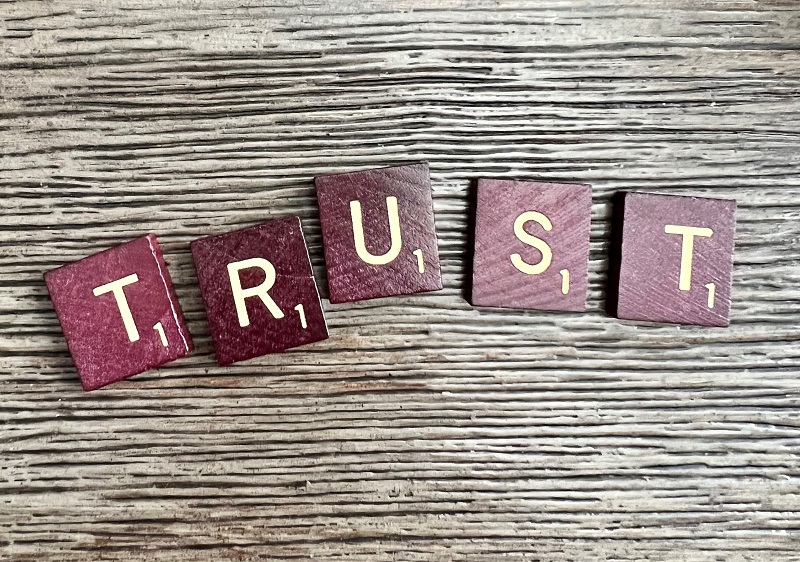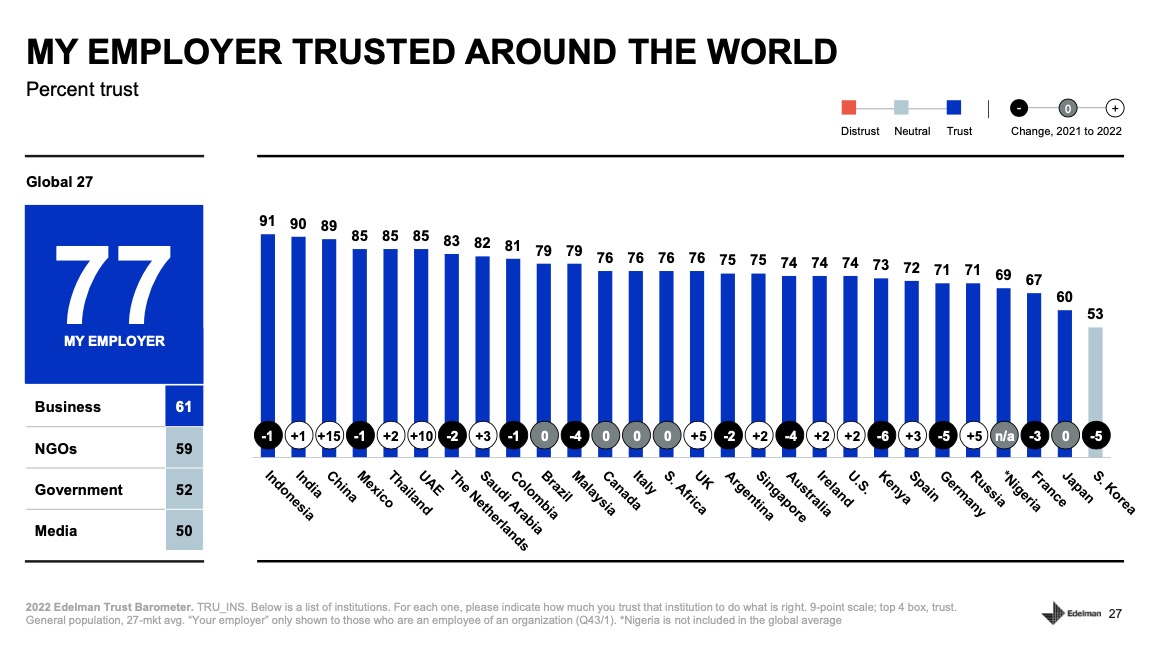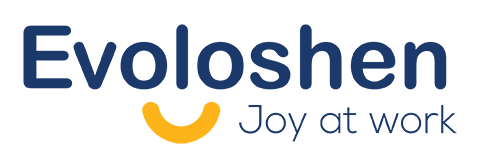
“It was the best of times, it was the worst of times…” This was the first sentence of Charles Dickens’ A Tale of Two Cities published in 1859. It somehow seems quite appropriate now, doesn’t it?
Given the current events happening around the world and that we are empathetic beings, it’s not hard for us to feel the pain and suffering of so many people right now. Are we in utter disbelief that in this day and age, we even have to discuss war? Haven’t we grown beyond this already as a collective humanity?
Apparently not since we are living in these uncertain times. It’s hard not to be pulled into the concern for our fellow human beings. The vast majority of us do not want to see anyone getting hurt, having to flee their homes, and fearing for their lives. And if you truly think about it, hasn’t this been happening for decades all over the planet? It seems with social media and mainstream media, it’s easier to hear about horrible things. It’s also good to question what is true and what is not. We need to use our own discernment more than ever. And because of all these factors, perhaps this is the best time for us feel compassion on a global basis, rather than fear.
After two years of a shared experience with the global pandemic, we may be more united and connected than ever before—even it if may not seem that way on the surface. It seems that caring about each other, and our planet, is rising to the top of our collective values. Trust is a vital result that comes from caring.

According to the 2022 Edelman Trust Barometer, people trusted their employer the most at 77%. Business was also the most trusted institution at 61%. But the trust levels for NGOs, government, and media continued to decrease.
With trust tanking for so many areas, the company we work for, and the teams and leaders we engage with on a daily basis, have a big opportunity. When you have a truly caring culture where there is a high level of trust, it gives people a sense of belonging and well-being. We need to feel connected to each other and we all want to be appreciated, valued, and cared for by the people we spend the most time with. This is one of our most basic needs in life.
Leaders who authentically care about their people are rising to the top of their game because employees value them so much!
I often look at systems—from an individual basis, to teams, organizations, and then societal. Trust has to start from within ourselves first. We must trust our own intuition and know our values, purpose, gifts, and talents that only we have to bring to the world. We can then extend trust to our closest relationships both at home and at work. When we have high-trust organizations, it will have a positive impact in the community and that will lead to a better community and society if we have enough caring company cultures.
Bob Chapman, CEO of Barry-Wehmiller, a $3B growing company and co-author Everybody Matters, often shares a story of when William Ury first came to visit the company. William Ury is one of the world’s leading experts on negotiation and mediation, co-founder of Harvard’s Program on Negotiation, and co-author of Getting to Yes. William walked around their plants and interacted with the employees at Barry-Wehmiller. At the end of the day, he told Bob he had found “the answer to world peace.” It was because the employees felt cared for and they were trusted. They felt heard and valued. And it all starts with empathic listening, truly listening to each other to connect.
Connection is vital to our own health and well-being. So often, we don’t think we can make such a difference or have an impact on big global events. But nothing is further from the truth! When we start from within ourselves individually first, caring for ourselves and those around us, it creates a ripple effect. Our emotions are contagious. So how are you showing up? Do you have the tools to put yourself in a positive state of mind, regardless of the chaos around us?
Personally, there are two things I’ve been doing to counter-balance all the news and negativity. The first is trying to have my own network of people who are “feet on the ground” to find out what is really happening in their country. That has helped a lot to sort through information right now. Using social media, it’s pretty easy to have a global network of connections. And I’m not shy about reaching out to ask directly.
The second thing I’m doing is to focus on a daily written gratitude practice with a few groups now. I’ve expanded from just a group with one person to four groups with a total of 15 people. It takes just a few minutes per day to read and share my own gratitude. It’s so inspiring reading other people’s gratitude lists and seeing their lives through the lens of gratitude.
By putting ourselves in a positive state by using gratitude consciously as a tool, we activate oxytocin in our body and reach the executive brain or prefrontal cortex where we can think creatively and find solutions. Managing our own emotional state is the way to keep our sanity and positively impact others.
Let’s do our best to stay in a state of gratitude and focus on the caring world we want to create. Believe in humanity and our resilience to not just survive, but to thrive. Let’s co-create truly caring and high trust company cultures because that may just be the vehicle, as William Ury stated, that will lead to the answer to world peace.






